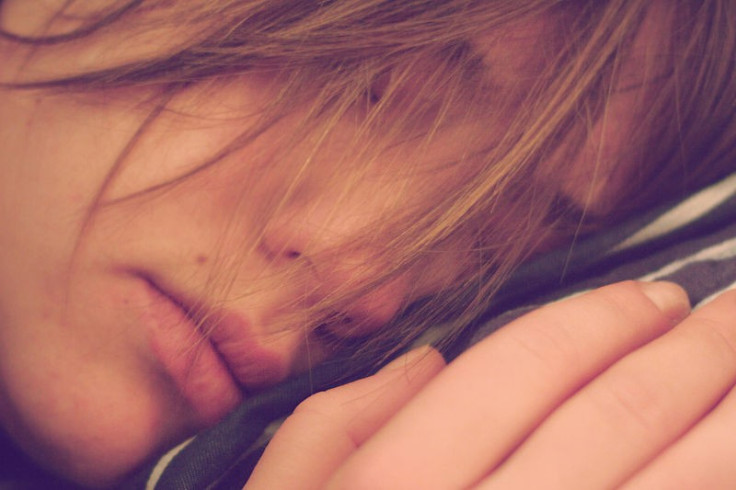Exploding Head Syndrome: Disorder that Makes Sufferers Hear Bangs When Falling Asleep

What goes bump in the night? Or more accurately 'bang', for people with a rare sleep disorder called exploding head syndrome.
Research into this rare and overlooked syndrome has been reviewed by Brian Sharpless, a Washington State University researcher, who said the disorder is very real for sufferers who hear loud bangs before going to sleep or waking up.
"It's a provocative and understudied phenomenon," he said. "I've worked with some individuals who have it seven times a night, so it can lead to bad clinical consequences as well."
Published in Sleep Medicine Reviews, Sharpless said that sufferers hear abrupt and loud noises at bedtime, such as the sound of a door slamming, fireworks or gunshots.
Some people experience mild pain, some only hear the bangs in one ear, while others only hear them from within their own heads. In rare cases, some people see bright flashes of light at the same time.
"In layman's terms, our best guess is that it occurs when the body doesn't shut down for sleep in the correct sequence."
Researcher Brian Sharpless
"Some people start to become anxious when they go into their bedroom or when they try to go to sleep. Daytime sleepiness can be another problem for people."
Sharpless said he has come across enough reports of the disorder to believe the condition is more widespread than previously thought.
Exploding head syndrome was first recognised as a condition called 'snapping of the brain' in 1920. It was first referred to as exploding head syndrome in an article in the Lancet in 1988, where an American physician wrote about two men who experienced explosive sounding sensory discharges.
However, research on the condition is lacking, with electroencephalogram recordings only looking at the disruptions to periods of drowsiness – not sleep.
From looking into research on exploding head syndrome, Sharpless said it appears to be more common in women than men. Other than this, little is known.
"In layman's terms, our best guess is that it occurs when the body doesn't shut down for sleep in the correct sequence," Sharpless said. "Instead of shutting down, certain groups of neurons actually get activated and have us perceive the bursts of noise. Behavioural and psychological factors come into play as well, and if you have normally disrupted sleep, the episodes will be more likely to occur."
© Copyright IBTimes 2025. All rights reserved.






















